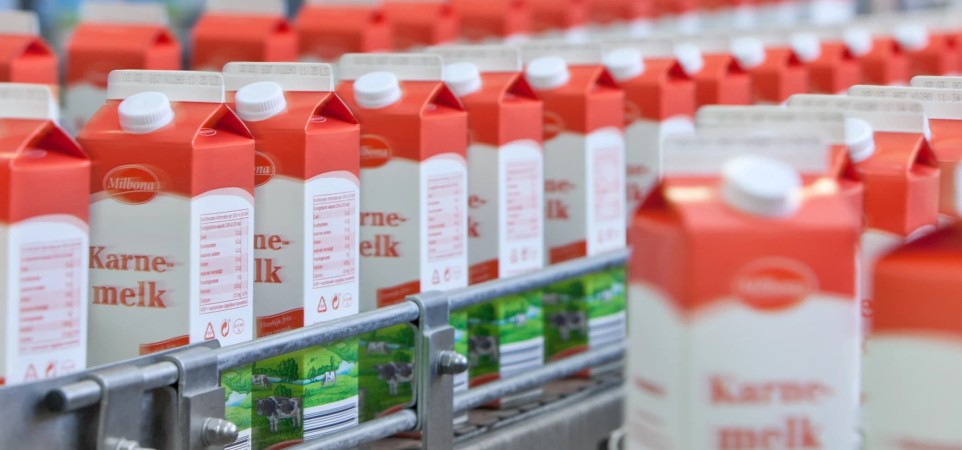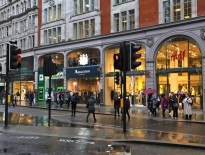
€230 billion are annually spent on food and drink in the UK, and that is considered the largest industry in the Kingdom.
However, the diversity and inclusion in administrative positions of public companies on the stock exchange within the food and beverage industry are less than other listed public companies. Britons in the Board of Directors and administrative positions occupy a more significant proportion of employees than the rest of the industries. The ratio of the non-British Executive Board members in the industry was less than one five.
Diversity and inclusion in the food industry in Britain
Britain contains, especially London, people from different places around the world. The distribution varies from a site to another; for example, the Arab community and their workforce in the food and beverage industry within the UK vary from one place to another. Britain now has cuisines from different countries to show their own way of preparing food. British citizens have positively received that, such as Chinese, Italian, and American cuisines.
Arab cuisine is one of the most distinctive cuisines. It has made its way to the UK through British Arabs and the social media used by Arab influencers in the food industry all over the world. It was a tremendous success, one that hasn’t merely affected what Britons eat but also how they eat.
The importance of diversity and inclusion in the food and beverage industry in the UK
As a result of the lack of labour force in the UK, there has been increasing attention to diversifying the workforce in the food and beverage industry in order to expand future production. Likewise, diversity also contributes to stimulating ideas and representing the target market diversity. Thus, it provides products that fit different components of the target market.
The diversity of workers representing the target market allows them to understand the customers’ tastes, significantly that they’re always changing. For example, it is difficult to benefit from British citizens’ preferences towards the food with clear ingredients if the staff does not include Arabs. The Arab cuisine is the right place to benefit from since it focuses on simplicity and natural ingredients. This explains the growing demand for Arab cuisine.
Britain people heading towards the Arab cuisine
Manufacturers ought to take “change in consumer behaviour” into account when new products are presented and modified. For this reason, workers’ decisions in the food and beverage industry are affected by consumer behaviour in the UK. For example, there’s an emerging tendency in the UK food culture after globalization and the rising awareness towards healthy food. That may call for food manufacturers to respond and adapt rather than going on doing otherwise. Evidently, a number of American restaurants in the UK closed for that one reason.
However, this change in the culture has increased the demand for the Arab cuisine by the Brits. Arab food is characterized as delicious and healthy. It features a diverse variety of food that can suit any taste – from meat-eaters and vegetarians to the health-conscious.
The food and beverage industry supports the diversity and inclusion of British Arabs
Despite the competition between the Arab cuisine with the rest of the cuisines in Britain, the demand for food has led to the development of diversity and inclusion and the integration of Arabs with British society. The food and beverage industry helped increase the exchange between the UK and British Arabs, for example:
Some British food& beverage products have a broad market among the Arabs. For example, the British Vimto drink is one of the highly demanded drinks in the Arab market. It was invented in Britain in 1908 and is loved by the Arabs, especially in Ramadan because a large number of Arabs are Muslims.
At the same time, the Arab cuisine has witnessed great success amongst the Brits after it suffered some racist acts and verbal attacks by some of its customers. However, the British people’s demand for diverse Arab cuisine, like Hummus, falafel and Kebab, has changed the negative British attitude towards Arabs.
Questions for Arabs:
Where do you live?
Do you work in the food and beverage sector in Britain?
What is your favourite food in the UK?
What is your favourite drink in the UK?
Which cuisine do you love the most: Arabic, western, Italian or Chinese?
References:
https://www.great.gov.uk/international/content/about-uk/industries/food-and-drink/
https://www.epicor.com/en-uk/blogs/top-10-food-beverage-trends-2019/
https://www.igd.com/portals/0/Downloads/Research/Skills/Diversity-in-Food-and-Grocery.pdf
https://greatbritishmag.co.uk/uk-culture/7-foreign-foods-that-brits-love/





